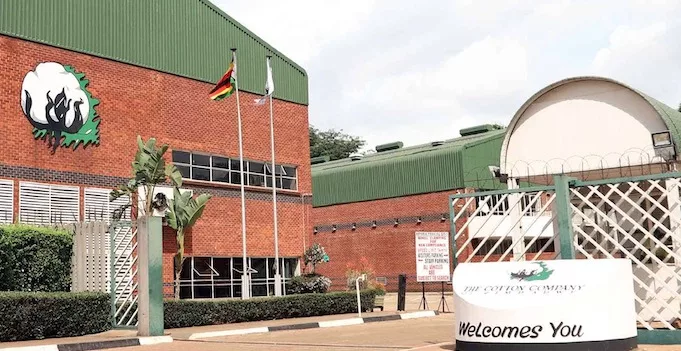|
Getting your Trinity Audio player ready...
|
As the 2024/25 summer cropping season draws near, anticipation and activity in Zimbabwe’s cotton sector are reaching a fever pitch.
Speaking to the media on Monday, the Cotton Company of Zimbabwe (Cottco) Chief Executive Officer, Rockie Mutenha, said that the company was leading the charge, embarking on a comprehensive farmer registration and assessment campaign, aiming to enlist 360 000 farmers to cultivate 180 000 hectares of land.
“We have seen a surge of enthusiasm from farmers this year, largely due to our efforts to provide fair and timely payments. Our focus is on significantly increasing cotton production by providing farmers with the resources and support necessary to achieve optimal yields,” said Mutenha.
By the close of last week, over 96,000 farmers had already signed up to grow cotton, covering a total of 112 294 hectares — well above the initial target of 90,000 farmers.
To further boost productivity, Cottco has introduced a new farmer classification system, designed to ensure that input distribution is more efficient and tailored to the unique needs and capacities of different farmers.
Under this system, farmers are categorized based on their historical performance and delivery records.
Those with four or more hectares under cotton production are designated as “gold,” while those cultivating one to three hectares are labelled “silver,” and those with less than one hectare fall under the “small” category.
Additionally, Youth Clubs, Women’s Clubs, and institutions such as schools, churches, and colleges involved in cotton production are included in this classification.
The new system is aimed at preventing the misuse of inputs by non-farmers and ensuring that genuine growers receive the support they need.
To avoid last season’s pitfalls, when delayed input deliveries and adverse weather conditions affected yields, Cottco is set to commence the distribution of inputs next month.
The company is urging farmers to be physically present at Common Inputs Delivery Points (CIDP) on the designated days, as inputs will only be handed over directly to registered farmers to prevent any potential misuse.
Amid these preparations, farmers across the country have expressed their determination to plant cotton, but many have voiced concerns about the selling price of their produce.
Several farmers have called on the Government to review and increase the prices offered for cotton, arguing that current rates barely cover the costs of production.
“I plan to plant more cotton this season, but the prices we are offered are a bit low. We need the Government to step in and ensure that we receive a fair price that reflects the hard work we put into growing cotton,” said Talent Moyo, a farmer from Gokwe.
Another farmer, Mavis Ncube from Muzarabani, echoed these sentiments saying, “Cotton farming is a labour-intensive job, and the returns must justify the effort. We urge the Government to review the prices to make cotton farming more sustainable and profitable.”
With Cottco’s renewed focus on empowering growers and improving input distribution, the stage is set for a potentially transformative season — provided that the economic environment supports the farmers’ ambitions.






